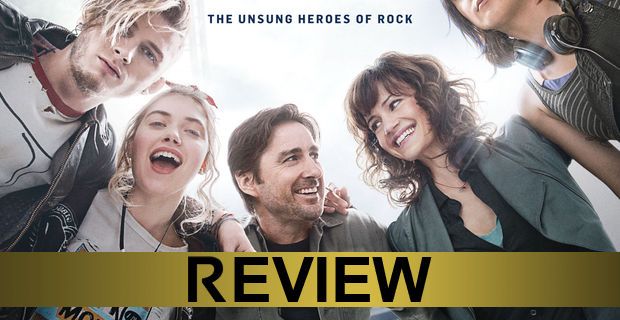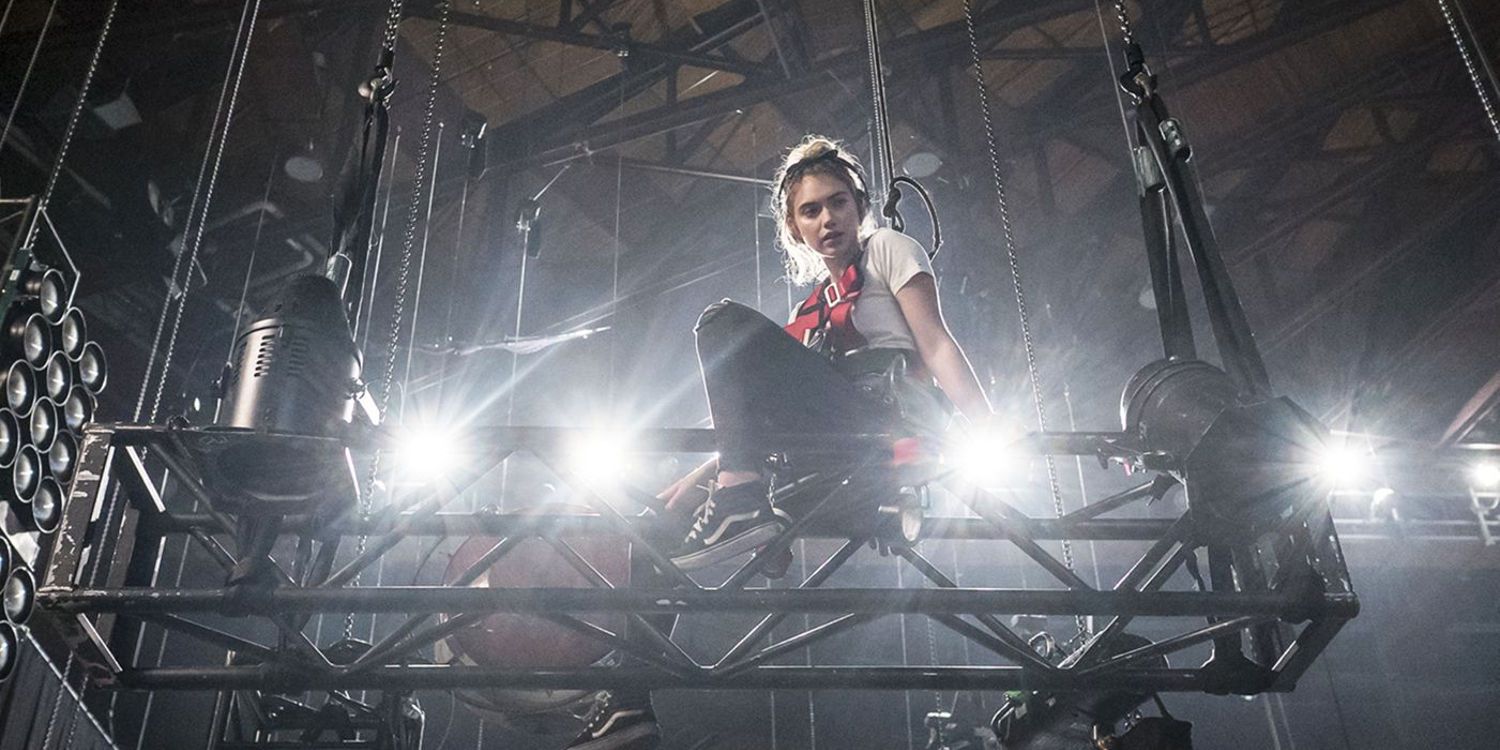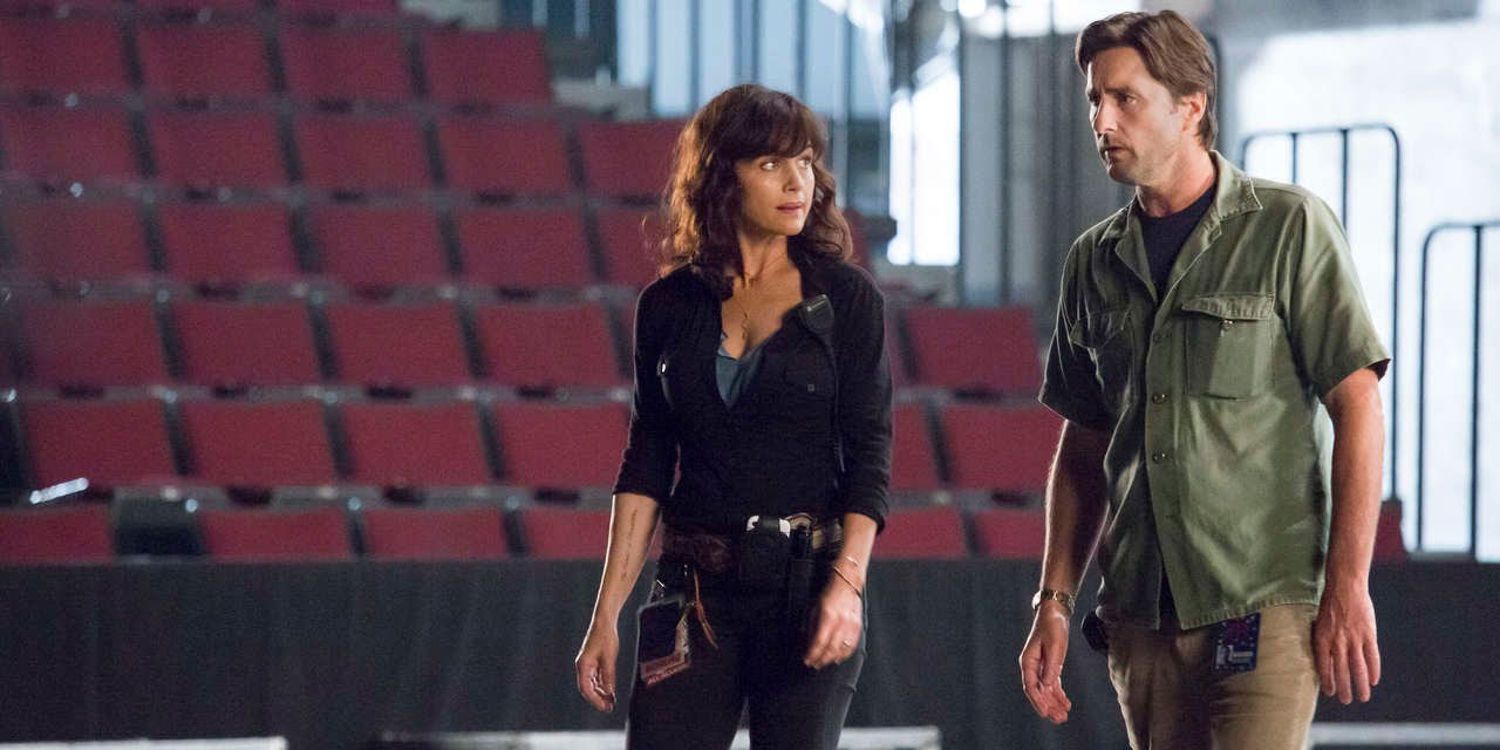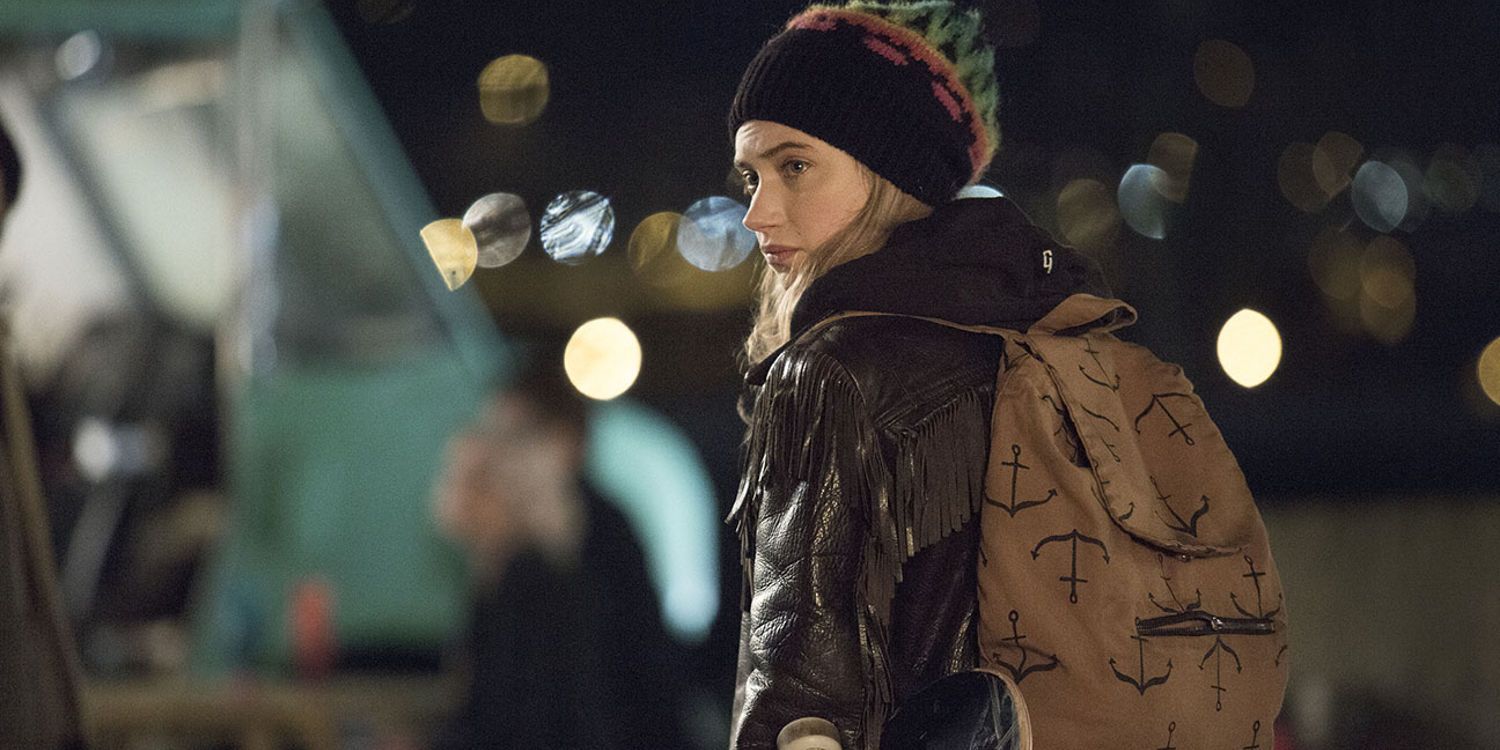[This is a review of the Roadies series premiere. There will be SPOILERS.]
-
For critics and creators of a certain age, Cameron Crowe is their guy. He is the creative force behind a number of movies that inspired people to want to talk about films and to make them. Films like Say Anything, Singles, Jerry Maguire, and especially Almost Famous introduced audiences to Crowe's style of doing things. His earlier films had a distinct and pleasurable rhythm to them; they came from a singular voice at a time when the writer-director in film was perhaps as extoled as TV showrunners are today. The mix of vibrant dialogue spouted by characters on personal missions of discovery both large and small, and the use of pop-music cues at the exact right moment made Crowe's late '80s to early 2000s oeuvre like an arrow to many a filmgoer's heart. It remains impossible not to feel something while watching them; impossible not to want to see a little of yourself in his characters, to fall a little bit in love with them and everything they are feeling or, more to the point, hoping to feel.
Crowe's best films are, unsurprisingly, a lot like great pop songs: they strike an emotional chord, they cut deep, they trigger a specific response in your brain, even though they are working with the same ingredients as other films. His films deal in basic elements like love, desire, humor, heartache, and the uncomplicated need to experience something larger than yourself, to be inspired and moved by something made for everyone that, at the same time, feels like it was made for and speaks directly to you. In other words: the films of Cameron Crowe are a lot like the plots of most Cameron Crowe films.
Of late, Crowe's efforts haven't hit the same high notes. Films like Elizabethtown (though I'll go to the mattresses for that one), We Bought a Zoo, and Aloha missed the expressive bull's-eye that Say Anything, Jerry Maguire, and Almost Famous nailed with ease. There was a key ingredient missing, a unifying moment meant to bring film and audience together. There was no "You complete me" (or "show me the money," if that's how you roll), there was no Lloyd Dobler standing outside Ione Skye's window playing 'In Your Eyes,' no bus full of musicians and one young rock journalist singing 'Tiny Dancer' together, allowing themselves to be swept up in a brief, unself-conscious, unifying moment.
With the easy alchemy of those magical moments increasingly elusive, you wonder how much of that is the inspiration for and the driving force behind his entertaining new Showtime series, Roadies. The series, centered on the crew for the fictional Staten House Band is ostensibly an ensemble, a dramedy about the people who make the music work for the people who make the music. But really, it's about one person in particular, Imogen Poots' Kelly Ann – a stage tech and aspiring filmmaker in the midst of a personal crisis: the music she loves no longer sounds as sweet, it doesn't inspire or sustain her like it once reliably did.
You get the feeling that, with Roadies, Crowe is confessing he too has been in search of the inspiration that once came so effortlessly. And at the same time, Kelly Ann, and her conflicted feelings about her future, her place in the scheme of things, and what those things mean to her is as much a proxy for the show's creator as she is the point of contact for the other characters and the audience.
And for the most part, it works. If the Roadies series premiere, 'Life is a Carnival,' feels familiar, then that's probably a feature and not a bug. In its first hour, the show plays like a greatest hits collection from Crowe's films. There is no shortage of characters with strong opinions, a clever way with words, and a desire to use them both. As characters speak, their passion surges, as though they're not completely in control of the words coming from their mouths, but the truth – their truth – can simply no longer be contained. This is especially true for Kelly Ann, who, on her last night as a member of the road crew, gives the cost-cutting management flunky Reg Whitehead (Rafe Spall) a epic dressing down about the importance of the way the music makes you feel over brand management.
Roadies doesn't really aim to explore ideas like brand management, but it doesn't have to. It's not really trying to make a point about how brand management and parsimonious moneymen make for a bland product, or that the intersection of art and commerce is a tenuous place (as Reg says in his not well-received introduction to the crew, "There is no middle anymore. You either make no money, or you make a lot of money"). Such sentiments are simply understood by virtue of this being a Cameron Crowe project. Instead, ironically, by managing Crowe's brand, the series is more concerned with servicing its characters relationships with one another and answering the question: Why do they do what it is they do?
It takes a lot of introductions and several monologue to get there, but that's part of the appeal of Crowe's work and the premiere is game, for the most part. Some of the introductions, like the opening sequence with Luke Wilson's tour manager Bill and Carla Gugino's production manager Shelli, are a little clunky. Roadies might be in the running for quickest premium cable series to show some skin, but at least it gets the point across: Everyone thinks Bill and Shelli are a couple, and those who don't think they should be. There's a moment when Shelli's on the phone with her husband (a tour manager for Taylor Swift), and she says "I love you," while looking Bill right in the eye. The moment is at once too on the nose and declarative statement by the series' creator about his brand.
This carries on throughout the first hour, as Ron White's Phil – a felon who's killed two people in his lifetime – pulls a gun on Reg after being let go from the tour, and Kelly Ann's twin brother Wesley (played by rapper Machine Gun Kelly, who goes by Colson Baker here) endears himself to everyone but his sister with his amazing espresso skills. Others, like Luis Guzmán and Keisha Castle-Hughes get smaller moments, or are shoehorned in, like Staten House Band stalker Natalie Shin (Jacqueline Byers). Guzmán seems there solely to explain Kelly Ann's impending departure and introduce her predilection for eating food off other people's plates. It could be a throwaway moment, but somehow Crowe makes it a necessary detail added to the series' large canvas.
In the end, that's where the Roadies premiere and subsequent episodes stand out, by the small character details they add to the story. The series doesn't have much in the way of an overarching plot per se, but rather it relies on overarching themes to service its stories. With Kelly Ann running back to her "family" amidst a montage of running scenes from other films – understood to be the short film she made – as Pearl Jam's 'Given to Fly' plays, 'Life is a Carnival' feels like it could have been the abridged version of one of Crowe's films. Instead of ending on that high note, the moment is where the series really begins. It's vintage Crowe, but maybe it's also the start of something new and inspired.
-
Roadies continues next Sunday with 'What Would Phil Do?' @10pm on Showtime.




